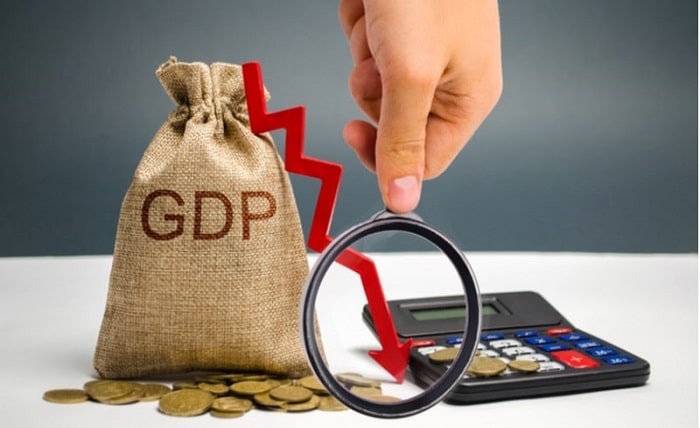How Investment Affects GDP

What is GDP?
GDP, or gross domestic product, is a measure of the total value of goods and services produced within a country in a given period of time. It is often used as an indicator of the economic performance and well-being of a country.
What is Investment?
Investment, in economics, is spending on capital goods, such as machinery, equipment, buildings, and inventories, that are used to produce other goods and services in the future. Investment can be done by businesses, households, or the government.
How Does Investment Affect GDP?
Investment is one of the four components of GDP, along with consumption, government spending, and net exports. Therefore, any change in investment will have a direct impact on GDP. For example, if businesses increase their investment in new factories and machines, this will increase the production capacity and output of the economy, leading to higher GDP. Conversely, if businesses reduce their investment due to low demand or uncertainty, this will decrease the production capacity and output of the economy, leading to lower GDP.
Investment can also have an indirect effect on GDP through the multiplier effect. The multiplier effect refers to the phenomenon that an initial change in spending can cause a larger change in income and output through a chain of consumption and production decisions. For example, if businesses invest more in new factories and machines, this will create more jobs and income for workers and suppliers, who will then spend more on goods and services, creating more demand and income for other businesses and workers, and so on. This will amplify the initial increase in investment and result in a larger increase in GDP. Similarly, if businesses invest less in new factories and machines, this will reduce the jobs and income for workers and suppliers, who will then spend less on goods and services, creating less demand and income for other businesses and workers, and so on. This will amplify the initial decrease in investment and result in a larger decrease in GDP.
Conclusion
Investment is an important factor that affects GDP both directly and indirectly. By spending on capital goods that enhance the production capacity and output of the economy, investment can increase GDP directly. By triggering the multiplier effect that stimulates consumption and production decisions across the economy, investment can also increase GDP indirectly. Therefore, understanding how investment affects GDP can help policymakers and businesses make better decisions to promote economic growth and stability.



